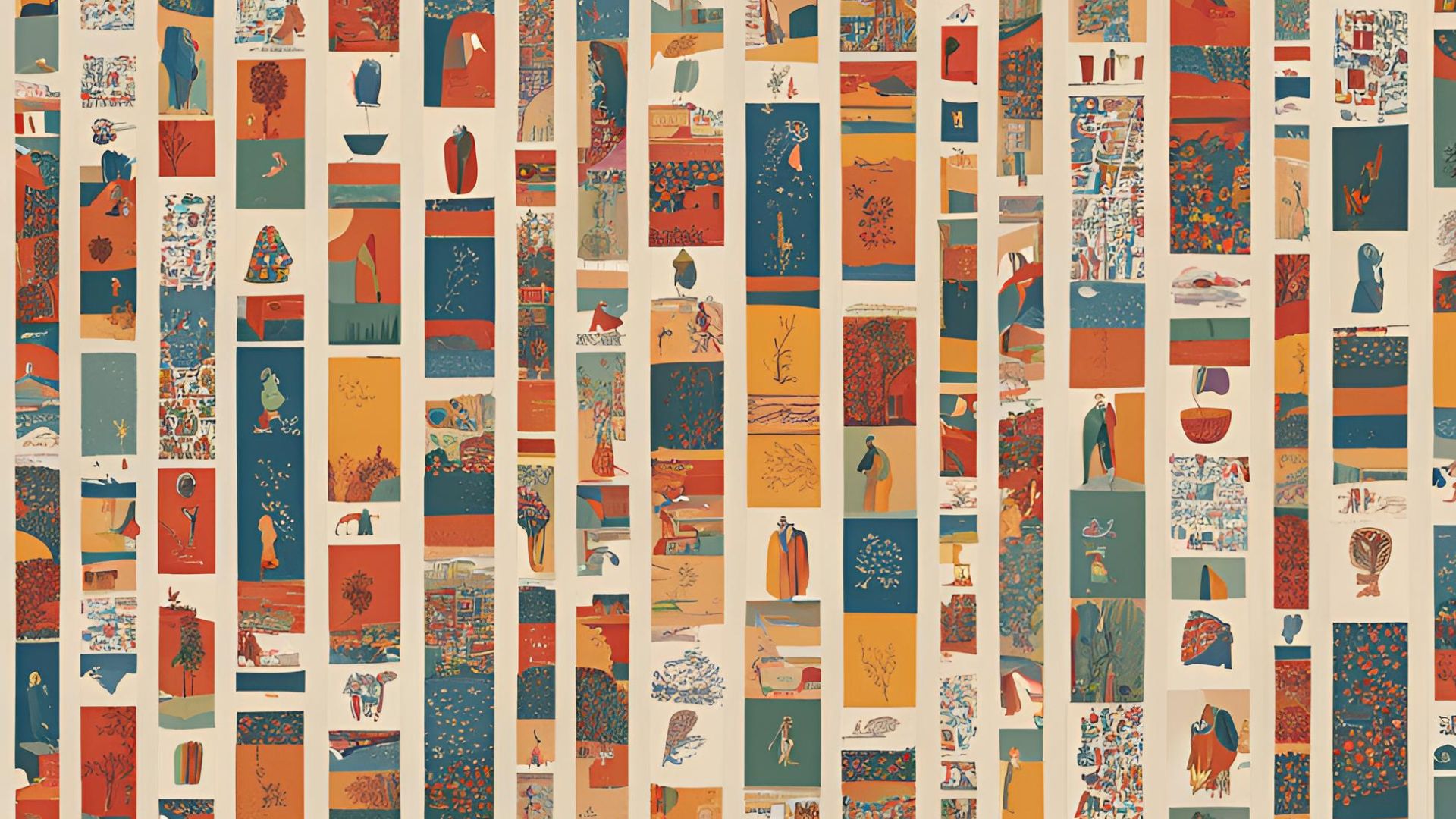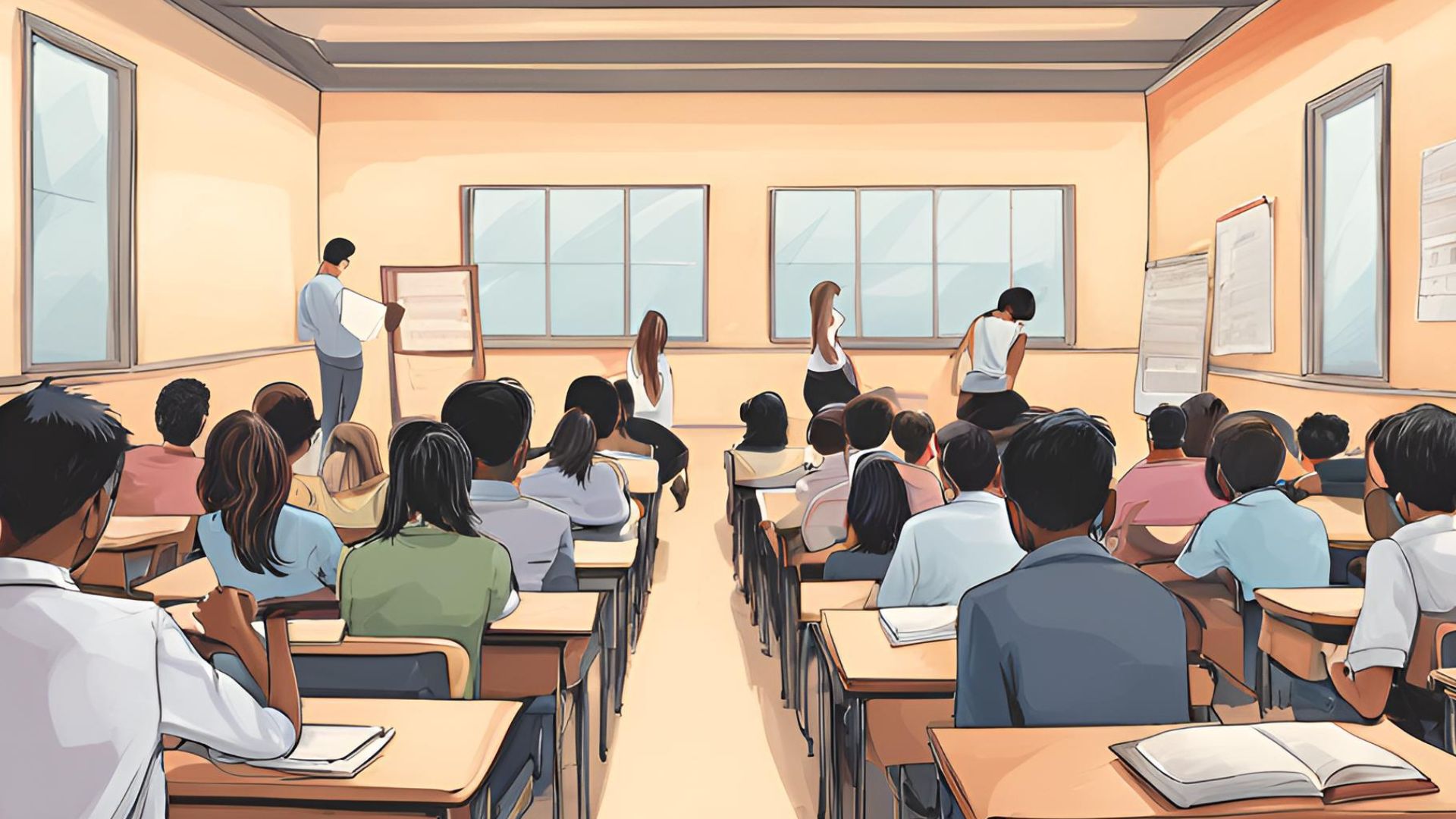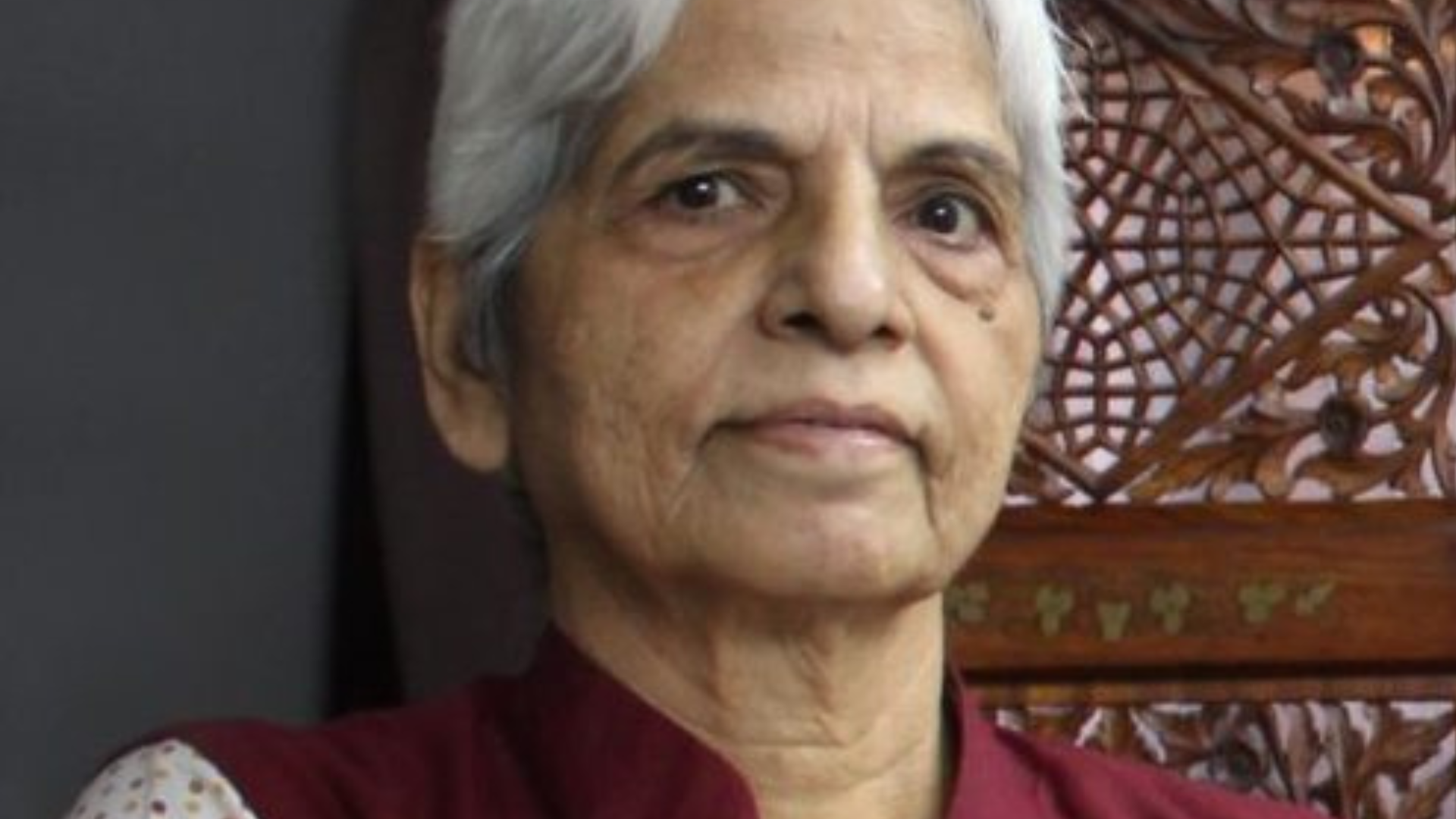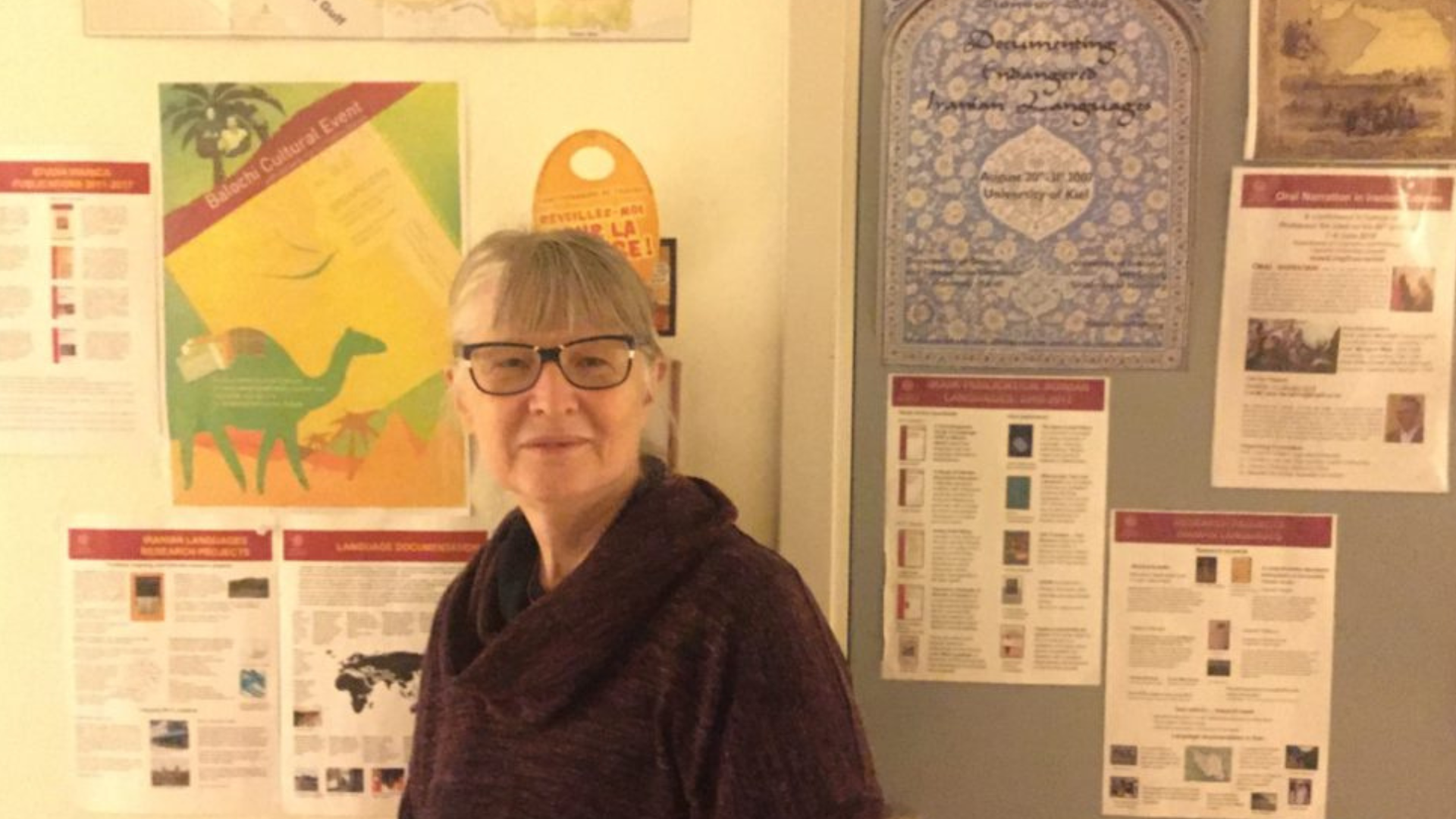
Mother Tongue and National Unity
Mother tongue and national unity Faraj Sarkohi (writer and journalist) has discussed the role of mother tongues in national unity and Iranian identity in an article titled “Mother Language, National Unity and Iranian Identity”.
The equal rights for all languages in multilingual countries like Iran, the right to education in the mother tongue for all citizens and the recognition of all languages in such countries are considered by some to be an important step towards de-discrimination, democracy and the realization of human rights, and to others, an important step towards successionism and a break with national identity and unity. It is on the basis of these different opinions that “World Mother Language Day” goes beyond its cultural dimension and gains political and social dimensions.
In November 1998, UNESCO approved the proposal of the representative of Bangladesh to designate a day as “Mother Language Day” and this organization, followed by the United Nations, named February 21, as “World Mother Language Day”. “Preserving all languages as a common human heritage”, “Equal rights of all languages in a country”, “Right to education in mother tongue”, “Establishment and expansion of media and multilingual education system” and “Elimination of linguistic discrimination” are some of the purposes of this designation.
In the second clause of the 1992 UN statement on “the rights of linguistic, national, ethnic, religious and linguistic minorities” on “the equal right of all to perform religious ceremonies and cultural rituals” and “the right of all to use the mother tongue in private and public spheres” It is emphasized and the ” Convention for the Protection of National Minorities of the European Union”, which was approved in November 1994, considers the “right” to use “minority languages in private and public life” as an “inalienable human” right.
Linguistic diversity, permanent or declining?
The dimming of national borders and the tendency to establish regional unions in the age of globalization and the processes resulting from the communication revolution gradually dim linguistic borders and some small languages disappear in favor of dominant languages.
The policy of imposing the official language on other languages in multilingual countries also leads to the stops the growth of non-official languages.
According to UNESCO reports, “Half of the 6,000 languages spoken by people in the world are being destroyed”, “about 3,000 languages are seriously endangered and the number of speakers of some languages is less than ten thousand people and In some cases, it has been reduced to less than a thousand people.
Education in mother tongue and academic failure
While some neuroscientists are reluctant to use the term “mother tongue” and prefer the term “first language”, most education experts believe that children’s education “should be in the mother tongue until at least 10 years old.”
According to expert researches, in monolingual educational systems like Iran, children whose mother tongue, such as Farsi, has become the official language and the language of education, in the first year of school, can read and write in their mother tongue, but children whose mother tongue is not the official language or the language of education are faced with one of the major forms of discrimination and inequalities in their lives, since they have to learn a new language and compared to children who speak the official language and the language of education, they lag behind and are condemned to academic failure.
According to the Iranian Parliament Research Center, “the majority of 5 million students” who “failed in exams in the last 8 years” are children whose “Persian language is not their mother tongue”.
Iran, Persian language and national unity
Iran is a multilingual country, but the opponents of the equal rights of languages in Iran consider the Persian language to be the “official”, “national” language and one of the “main components of Iranian identity” and “national unity”.
From this point of view, teaching in different mother tongues, multilingual media and writing official and administrative documents in common languages in each region provides the basis for separatism.
However, historical documents show that Iran in the past and now has always been a multilingual country, and the Old Pahlavi, Middle Pahlavi, and Dari Persian languages were not considered to be a component of Iranian nationality and identity. And the speakers of Turkish, Balochi, Kurdish and Turkmen living in Iran, despite the linguistic difference, consider themselves Iranian.
In many countries of the world, such as India, Switzerland, Spain, and Belgium, the single language is not an indicator and component of national identity and unity. Multilingual countries like Switzerland have also maintained their national identity and unity despite the equal rights of all languages.
The equal right of all languages, in multilingual countries that enjoy the blessing of democracy, is not the source of discord and oppression or division and separatism, which is a fertile ground for enrichment, promotion and creative cultural exchange.
Mother tongue or official language?
From about two centuries after Islam, Dari Farsi had become the administrative and literary language of Iran, and the formation of modern schools in Iran was accompanied by Dari Farsi becoming the language of education throughout the country.
The official ideology of the government during the first Pahlavi era, which expanded modern schools throughout the country, was based on “reviving the greatness of the ancient Iranian empire” and therefore Persian language not only as an official and administrative language, but as the only language. Authorized educational institutions, media and publishing houses and other languages in Iran were deprived of the right to teach and publish, and as a result, the right to grow and promote.
Pahlavi II also followed Reza Shah’s policy in this field, although according to official statistics, the total number of non-Persian speakers in Iran is more than Persian speakers.
During the first and second Pahlavi periods, theologians in non-Persian languages were deprived of equal rights with Persian speakers under the pretext of preserving the unity and integrity of the country. This exclusion means depriving a group of non-Persian-speaking citizens of their cultural rights, inequality of citizens and discrimination between them, and it led to sometimes extreme and negative reactions on both sides.
Several historical experiences in Iran have shown that linguistic, cultural, religious and ideological discrimination among the citizens of a country reduces national unity, and objections to it pass from the domain of language and culture to the domain of politics and contribute to political crises in the right atmosphere.
Mother tongue and democracy
Teaching in the mother tongue in a multilingual country like Iran is not so easy and requires educational and financial facilities, scientific planning and the use of similar successful experiences in other countries of the world.
The successful experiences of teaching in the mother tongue in the multilingual countries of the world show that the realization of this plan in a structure where all powers are concentrated in the central government is not practical and steps such as teaching in the mother tongue, turning into monolingual media Multilingual media and writing correspondence and administrative documents in the common language of each region and the official language are closely related to democracy and the division and distribution of political power.
Islamic Republic and mother tongue
According to Article 15 of the Constitution of the Islamic Republic: ‘’The official language and script of Iran, the lingua franca of its people, is Persian. Official documents, correspondence, and texts, as well as text-books, must be in this language and script. However, the use of regional and tribal languages in the press and mass media, as well as for teaching of their literature in schools, is allowed in addition to Persian.’’
According to Article 16 of the same law, “Arabic language” must be taught in all classes and in all fields after the elementary school until the end of the secondary school.
Article 15 of the Constitution accepts Iran’s multilingualism, but declares Persian as the official, administrative and educational language of the country and “the use of local and ethnic languages in the press and mass media and the teaching of their literature in schools, Next to the Persian language, he considers it “allowed”.
In current Iran, the publication of books and periodicals in non-Persian languages is not prohibited, and hours of public mass media programs are also dedicated to non-Persian languages.
However, the requirement for educational books to be in Farsi and making Farsi the only language of education throughout the country negates the right to education in various and common mother tongues in Iran.
The requirement to write “documents, correspondence and official texts” in Farsi also makes Farsi the official language of the country, even in areas where the majority of residents speak another language.
A part of Article 15 of the Constitution regarding “teaching literature of non-Persian languages in schools” has been implemented so far, not in “schools” but in some universities, although its complete and nationwide implementation has not ended the inequality between languages. It does not lead to the realization of the right to education in the mother tongue.
The issue of mother tongue in Iran is a sensitive issue due to its connection with political issues and historical experiences, but the sensitivity of this issue does not reduce the equal right of all citizens of a country, including the equal right of citizens to education in their mother tongue, and the realization of documents In this regard, the implementation of UN documents can become an effective factor in the institutionalization of democracy in Iran.


